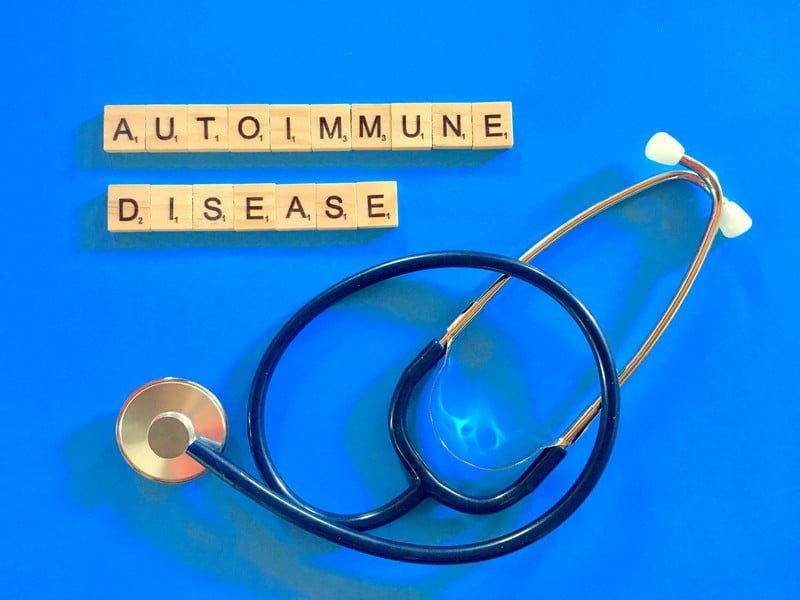Petechiae is a common disease indicative of other underlying conditions. It is characterized by clusters of pinpoint purple, red, or brown bleeding spots under the skin or mucous membranes that look like rashes. They usually appear on the arms, legs, stomach, mouth, buttocks, and inside the eyelids. Unlike regular rashes, however, petechiae don’t change color or turn pale or white when pressed.
Petechiae usually affects the capillaries that help move oxygen and nutrients from the bloodstream and carry the waste away from your organs and tissues. The tell-tale petechial rash-like spots result from blood leaking from broken capillaries and tiny blood vessels that connect arteries to veins. It’s more like a symptom of other diseases, so it usually doesn’t cause any other problems, that is, unless the underlying conditions result in some other complications.
Because petechiae only appear as a symptom or side effect of other diseases, it usually isn’t treated as it is. Instead, treatment plans are created according to the underlying conditions, which is generally what is causing the petechiae to appear. Some conditions that are believed to be petechiae causes are listed below.
Autoimmune Diseases

Autoimmune diseases or immune system disorders usually occur when specific immune system components act up, resulting in increased susceptibility to infection, immunodeficiency diseases, and immune dysregulation. Sometimes, it prompts the immune system to make autoantibodies that take down normal cells and tissues of the body and other foreign organisms. It sometimes stimulates the body’s cellular immune system to react against the body’s auto-antigens, resulting in a delicate yet problematic balancing act between infections and other serious side effects.
The abnormal development of autoantibodies then attacks the immune system in the body where it resides. It binds and destroys blood cells, one of the most common signs of an autoimmune disease. Unfortunately, such damage also usually results in other problems or symptoms, like petechiae or damaged arteries, veins, and capillaries. In severe cases, these damages eventually lead to more complications resulting in damaged nerve tissues and organs.
Petechiae may only be one of the many tell-tale signs of autoimmune diseases like Thrombocytopenia (too few platelets resulting in clotting problems) and Vasculitis (swelling, narrowing, and scarring of the blood vessels).










